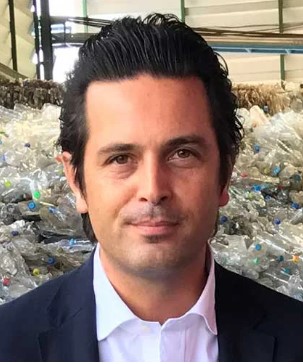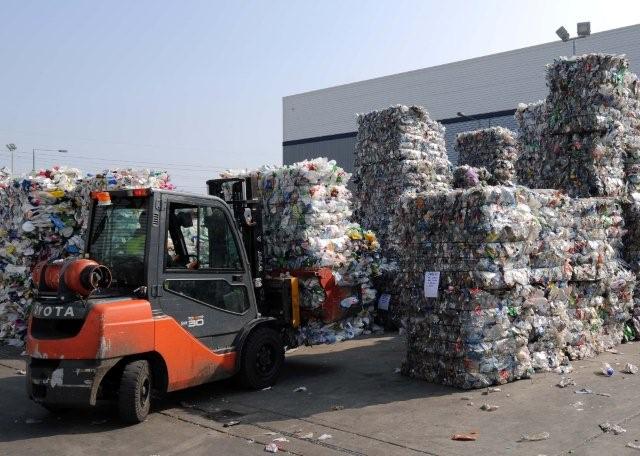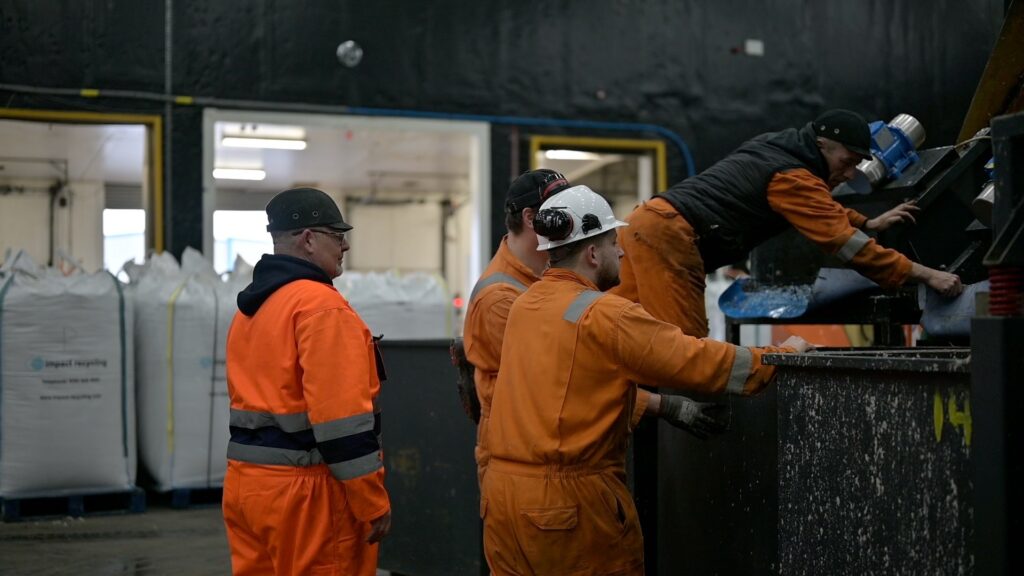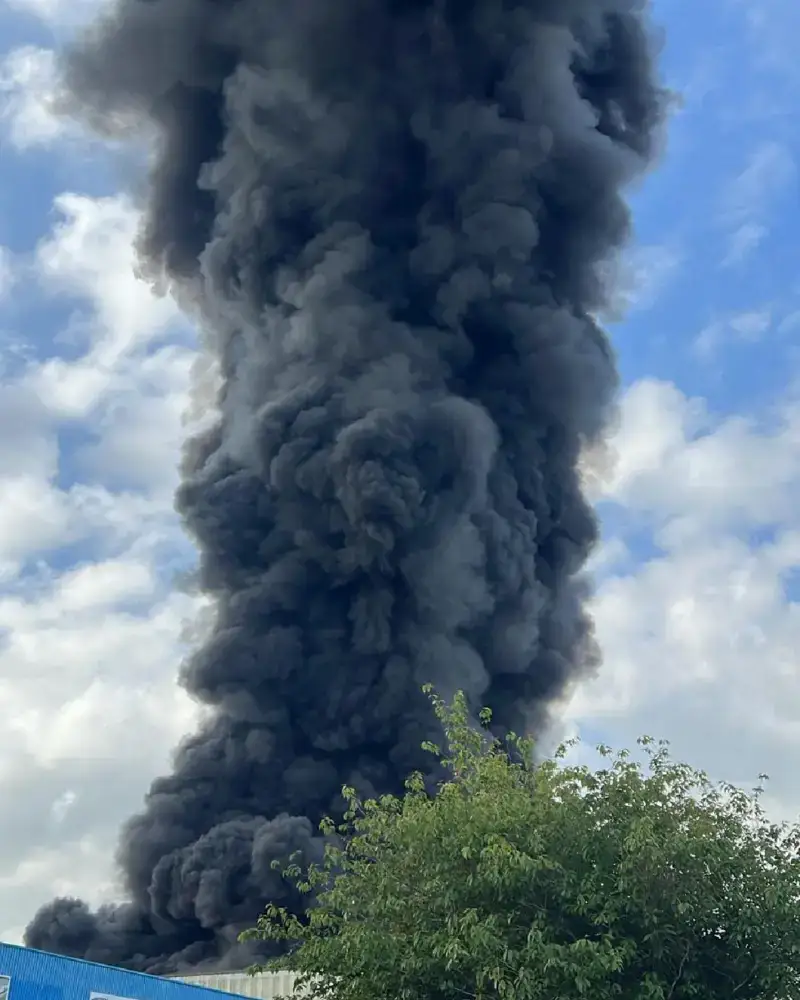In the UK, prices have been falling gradually in recent months for some grades, but remain high for HDPE. UK plastic recyclers have also been boosted by the consisteny high packaging recovery note (PRN) price, which has averaged at around £300 in 2023.
The BIR’s report was published this morning (21 July) and features updates from China, Eastern Europe, the Netherlands, Spain, the Middle East and the USA.
Pressure

The division’s chair, Henk Alssema from the Dutch company Vita Plastics, summarised: “The European market for recycled plastic remains under severe pressure. In recent months, prices have dropped further to levels not seen for a while. Demand for raw materials is extremely low and this is resulting in massive stocks. Despite the fact that we are not yet in a major recession, all sides are feeling the pain.
“The deteriorating market situation is caused mainly by uncertainty in the economy. This has also led to a substantial drop in consumers’ purchasing power, driving their confidence to extremely low levels.”
He added that the market is “unlikely to improve any time soon” and warned that despite the packaging industry’s commitment to use recycled material, “it has still decided to limit its incorporation”.
Mr Alssema said this has led some recyclers to cut production and this poor outlook has created a “worrying situation”.
The division’s chair explained: “On the one hand, production capacity could disappear permanently because businesses are ceasing activities; and on the other, this will have a negative impact on the transition to a circular economy.”
He added that the “massive supplies” recyclers currently have mean that prices can “vary enormously for all materials”. This, he said, has forced some recyclers to market their material at huge discounts.
On the upside, and despite the poor outlook, he said “expectations are that we have bottomed out”
‘Good outlook’
A more positive outlook was provided by Spain’s Natalia Cruz Cayuela.
She explained that plastic recycling capacity is expected to continue to grow in Spain thanks to a €300 million economic stimulus plan for “strategic industries towards the development of a circular economy”.
She also said legislative advances are helping too, such as the creation of a tax on single-use plastics, extended producer responsibility legislation for industrial and commercial packaging waste, and end-of-waste status for recycled plastic materials to “promote the market for secondary raw materials necessary for a circular economy”.
Volumes

This sentiment however was not shared across the rest of Europe.
Max Craipeau, of China’s Greencore Resources Limited, gave an overview of the Eastern European market.
He explained that data sourced from several material recovery facilities across Europe has shown significant reduction of between 25 and 30% in household waste compared to the same period last year.
Mr Caipeau added: “This is a crucial indicator, demonstrating the profound impact inflation continues to exert on consumption and demand. Many households have significantly curtailed their consumption of bottled water and other beverages in favour of cheaper alternatives such as tap water, thereby affecting beverage producers.
“Consistently low prices of virgin PET in Asia are continuing to pose challenges for recyclers, both regionally and in Europe. Despite efforts to stimulate demand through price cuts, Asia’s recyclers are meeting with lacklustre responses.”
Decline
Sally Houghton from the Plastic Recycling Corporation of California reported that the market for all recyclables has seen a gradual decline and lacklustre demand.
The US representative said the PET industry there is hoping warmer weather will encourage higher consumption; however, domestic producers are reducing operating hours and work to compete with Asian export prices that are trending lower.
She summarised: “Post-consumer resin markets are struggling with three major issues: cheap imports, high summer volumes and uncertain markets. These are causing prices to drop, with little relief in sight. It is anticipated that markets may see some uptick at the start of 2024 and gain positive momentum halfway through that year.”
Most recycling factories in Western and developing countries are putting their purchases on hold
- Dr Steve Wong, BIR’s China representative
China
Further East, the Chinese representative, Dr Steve Wong, explained that demand has remained slow for recycled pellets in China as downstream product manufacturers need more orders. He added that the “low cost of prime materials and the abundance of recycled materials both domestically and imported from South East Asian countries are negatively impacting market sentiment”.
He said most recycling factories in Western and developing countries are putting their purchases on hold and reducing their production or running at a loss to remain in operation, while some have suspended their operations indefinitely.









Subscribe for free